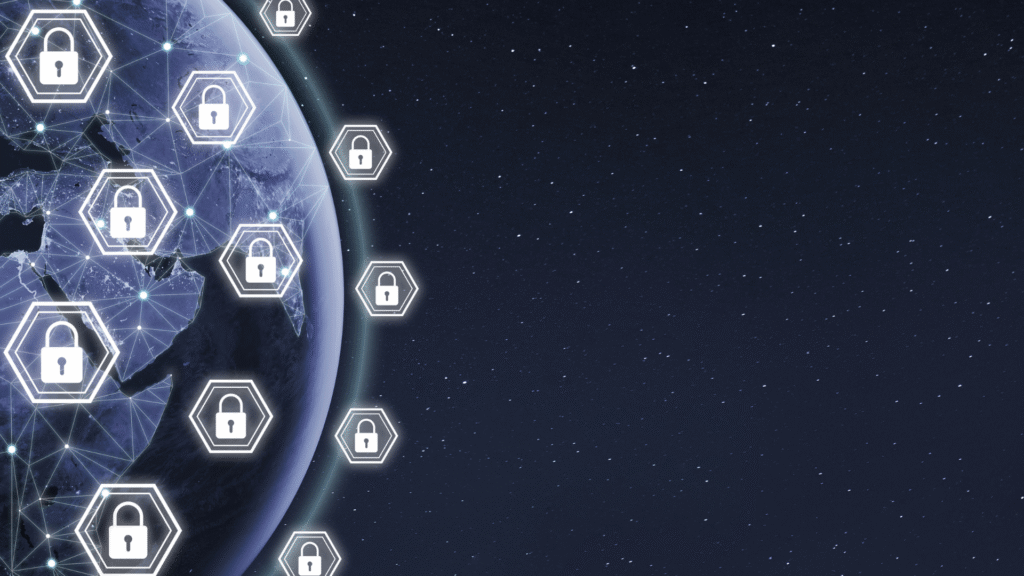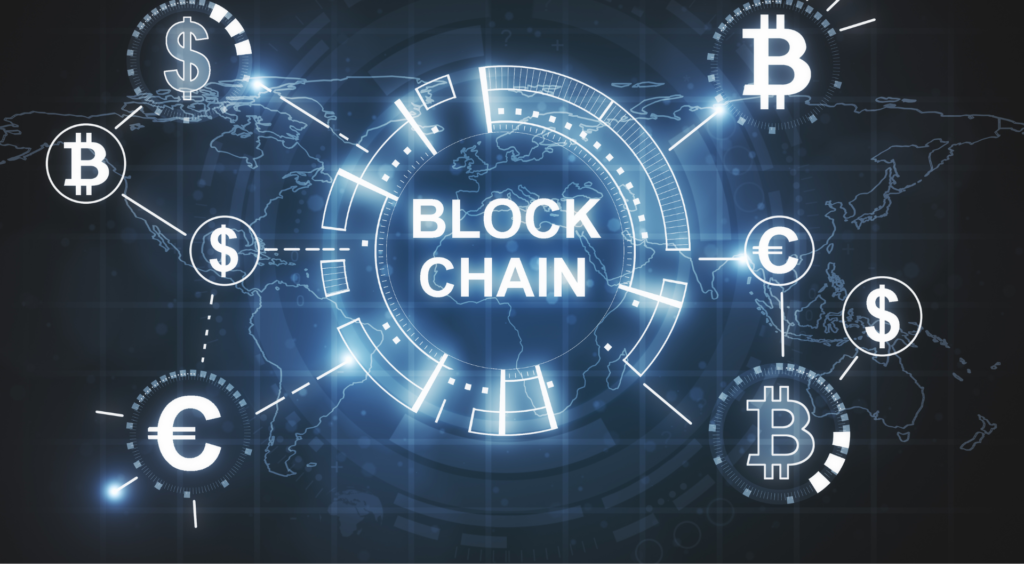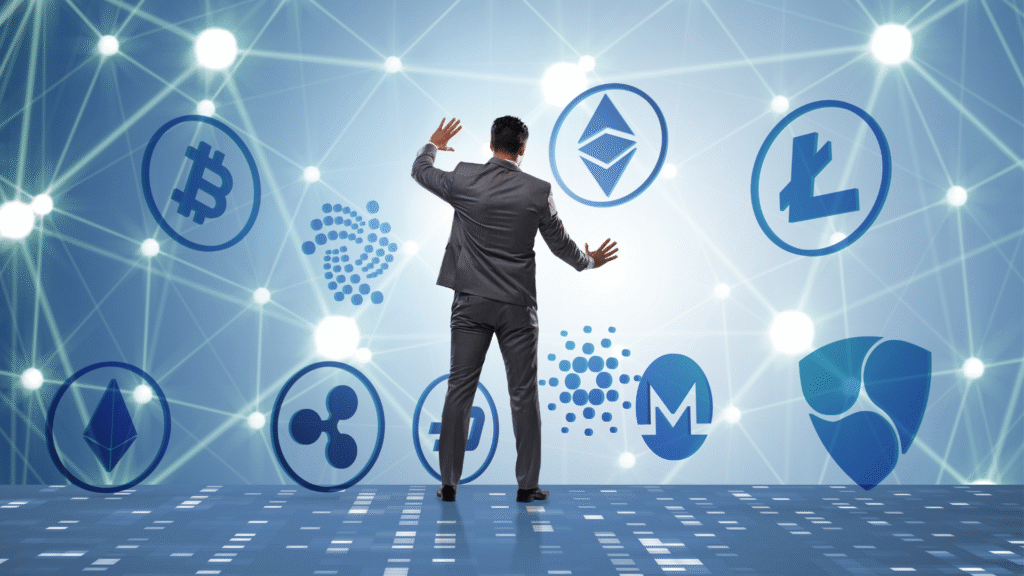The Rise of Decentralized Autonomous Organizations reflects a transformative shift in how businesses, communities, and investors operate in the digital era. These organizations, commonly known as DAOs, function without centralized leadership, relying on blockchain technology and smart contracts to automate governance and decision-making. Unlike traditional companies, DAOs empower participants to have a direct say in operations, fostering transparency, efficiency, and democratized control. By removing hierarchical structures, DAOs are reshaping industries, enabling innovative collaborations, and creating new pathways for investment and community-driven projects.
How Decentralization Drives Efficiency
At the core of DAOs lies decentralization. Traditional companies often struggle with slow decision-making, opaque operations, and inefficiencies caused by centralized control. Decentralized Autonomous Organizations counter these issues by distributing authority among stakeholders, often using token-based voting systems. Members can propose, vote, and implement changes collectively, ensuring decisions reflect the community’s consensus. Automating processes through smart contracts reduces reliance on intermediaries, cutting costs and improving operational speed.
Transparency as a Core Advantage
One of the most compelling features of DAOs is transparency. Every vote, transaction, and rule enforcement is recorded on a blockchain, creating a tamper-proof and permanent record. This transparency fosters trust, particularly in sectors such as finance, supply chain, and philanthropy. For example, DAOs managing decentralized investment funds allow participants to track where funds are allocated, reducing fraud and mismanagement. Transparency attracts investors and strengthens confidence in governance practices.
Global Inclusivity and Participation
DAOs also promote inclusivity. Traditional organizations often limit participation based on geography, networks, or capital. Decentralized Autonomous Organizations operate globally, welcoming anyone who holds tokens. Stakeholders can contribute ideas, vote on proposals, and participate in governance from anywhere. This open approach democratizes power and allows a more diverse range of voices to shape organizational decisions, creating a collaborative and dynamic environment.
Governance Through Smart Contracts
Unlike traditional companies with boards of directors, DAOs rely on code-based rules enforced via smart contracts. These contracts automatically execute predefined actions, reducing human error and bias. For instance, a DAO managing a DeFi platform can redistribute funds or approve transactions automatically based on community votes. Governance tokens incentivize participation, ensuring the organization’s direction aligns with the collective interests of its members.
Fundraising and Investment Opportunities
DAOs are transforming how organizations raise funds. Traditional fundraising often requires intermediaries and legal complexities. Through token sales or Initial Coin Offerings (ICOs), DAOs allow projects to raise capital directly from global participants. Contributors may receive tokens granting governance rights or future profit shares. This model democratizes access to investment opportunities and ensures funds are allocated according to community consensus, enhancing transparency and trust.
Innovations Across Industries
The impact of Decentralized Autonomous Organizations extends beyond finance. Creative industries, gaming, and charitable organizations are adopting DAOs for governance and resource management. Artist collectives use DAOs to manage royalties and fund collaborations. Gaming communities employ DAOs to govern digital assets and in-game economies. Charitable DAOs manage donations efficiently, ensuring funds reach intended beneficiaries. These examples demonstrate DAOs’ ability to innovate traditional organizational models.
Challenges and Risks of DAOs
Despite their benefits, DAOs face challenges. Regulatory uncertainty is a major concern, as governments define how to classify and govern DAOs. Security risks exist due to potential smart contract vulnerabilities. Consensus-based decision-making can be slower than centralized methods, and token concentration may limit true democratic participation. Addressing these challenges is essential to ensure sustainable growth and maintain the integrity of DAOs.
Legal Recognition and Frameworks
Legal frameworks for DAOs are gradually evolving. Some jurisdictions recognize DAOs as legal entities, allowing them to enter contracts, own assets, and hire employees. For example, certain U.S. states permit DAOs to register as LLCs, providing legal identity while maintaining decentralization. Legal recognition is critical for integration with traditional business ecosystems, partnerships, and investor confidence.
Technological Advancements Supporting DAOs
Technology plays a key role in DAO adoption. Blockchain networks, scalable platforms, and improved cybersecurity make it easier to deploy and manage DAOs. Layer-2 solutions enhance transaction speed and reduce costs. Cross-chain interoperability allows DAOs to operate across multiple blockchain networks, increasing reach and functionality. These technological developments strengthen the reliability and efficiency of DAOs.
Community Engagement and Ownership
Community participation is central to DAO success. Open communication, forums, and decentralized platforms enable members to discuss proposals and vote on initiatives. Active engagement ensures that DAOs remain transparent, accountable, and aligned with stakeholders’ interests. By distributing ownership and decision-making, DAOs foster a sense of collective responsibility and empower communities to innovate and sustain the organization.
Redefining Ownership and Value Creation
DAOs challenge traditional notions of ownership and control. In conventional companies, power is tied to hierarchy or equity. In contrast, DAOs distribute governance rights among token holders, linking ownership to contribution and participation. This encourages active engagement and shared responsibility, creating equitable structures that prioritize transparency and collaboration.
The Importance of Education and Awareness
Education is crucial for wider adoption of DAOs. Understanding their mechanisms, benefits, and risks helps participants make informed decisions. Online resources, workshops, and community initiatives educate people on DAO operations. Knowledgeable participation ensures organizational success and accelerates the mainstream adoption of decentralized models.
The Future of Decentralized Autonomous Organizations
The future of DAOs is promising. As blockchain technology matures and legal frameworks evolve, DAOs are poised to expand across industries. From finance to creative arts, gaming, and social initiatives, DAOs offer transparent, democratic, and efficient governance. Businesses and communities are increasingly exploring DAO models to enhance collaboration, innovation, and value creation, signaling that their influence will continue to grow.
Decentralized Autonomous Organizations are redefining how people collaborate, invest, and manage organizations. By leveraging blockchain technology, smart contracts, and token-based participation, DAOs provide transparency, efficiency, and inclusivity that traditional organizational models often lack. Despite challenges such as regulatory uncertainty, security risks, and participation imbalances, DAOs are rapidly expanding across industries like finance, gaming, creative arts, and social impact initiatives. As technology advances and legal frameworks adapt, these organizations are poised to become a cornerstone of the decentralized economy.
In summary, the rise of Decentralized Autonomous Organizations signifies a new era of community-driven, transparent, and efficient governance. They are not just a technological innovation but a transformative movement that empowers individuals, democratizes decision-making, and creates opportunities for global collaboration. The continued growth of DAOs highlights the potential to reshape traditional organizational structures and pave the way for a more decentralized, equitable future.
Frequently Asked Questions (FAQs)
1. What is a Decentralized Autonomous Organization (DAO)?
A. A DAO is an organization operating on a blockchain, using smart contracts to automate governance and decision-making without centralized leadership.
2. How do DAOs make decisions?
A. Decisions are made collectively through voting, often weighted by governance token ownership, reflecting the consensus of members.
3. What are the benefits of joining a DAO?
A. Benefits include transparency, global participation, inclusivity, direct influence on decisions, and democratic governance.
4. Are DAOs legal?
A. The legal recognition of DAOs varies. Some jurisdictions recognize them as legal entities, while others are still developing regulations.
5. Which industries use DAOs?
A. DAOs are applied in finance, gaming, creative arts, charitable organizations, social impact initiatives, and other sectors requiring transparency and community governance.




Pingback: Blockchain Governance Models: Who Really Controls the Network? - Your Partner in Tech Evolution
Pingback: The Impact of Blockchain on Climate and Carbon Credits - Your Partner in Tech Evolution